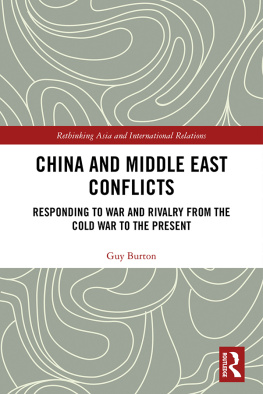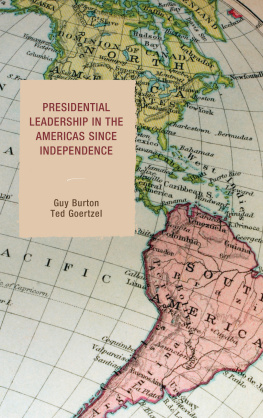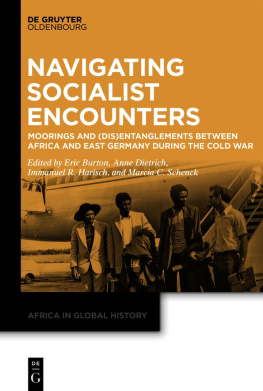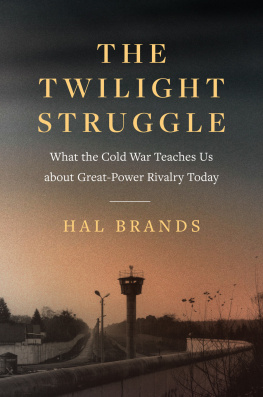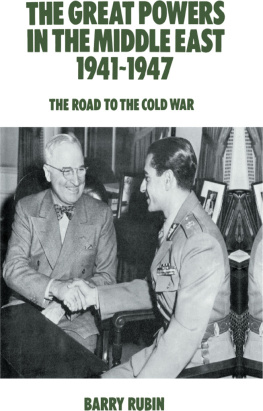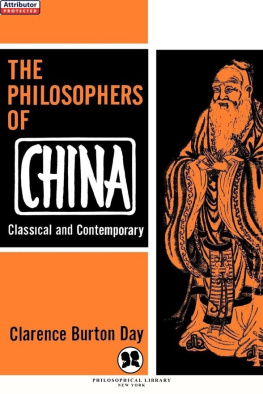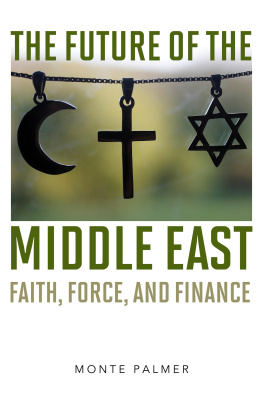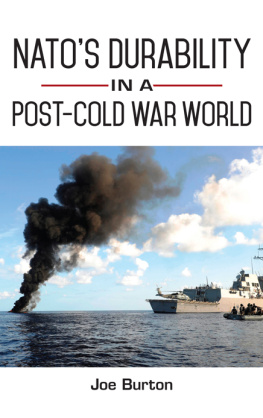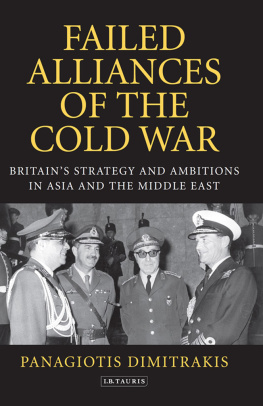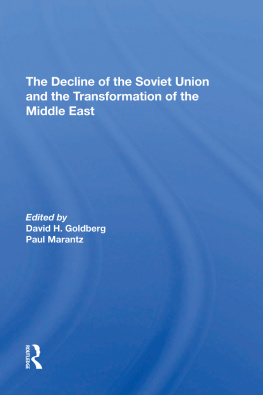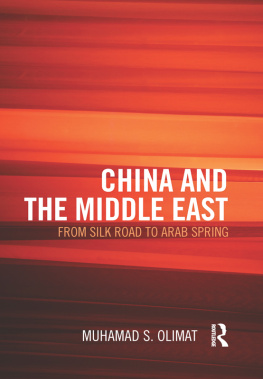China and Middle East Conflicts
How do aspiring and established rising global powers respond to conflict? Using China, the book studies its response to wars and rivalries in the Middle East from the Cold War to the present.
Since the Peoples Republic was established in 1949, China has long been involved in the Middle East and its conflicts, from exploiting or avoiding them to their management, containment or resolution. Using a conflict and peace studies angle, Burton adopts a broad perspective on Chinese engagement by looking at its involvement in the regions conflicts including Israel/Palestine, Iraq before and after 2003, Sudan and the Darfur crisis, the Iranian nuclear deal, the Gulf crisis and the wars in Syria, Libya and Yemen. The book reveals how a rising global and non-Western power handles the challenges associated with both violent and non-violent conflict and the differences between limiting and reducing violence alongside other ways to eliminate the causes of conflict and grievance.
Contributing to the wider discipline of International Relations and peace and conflict studies, this book will be of interest to students and scholars of peace and conflict studies, Chinese foreign policy and the politics and international relations of the Middle East.
Guy Burton is Adjunct Professor at Vesalius College, Brussels. He has previously held research and teaching appointments at the Mohammed Bin Rashid School of Government in Dubai, Nottingham Universitys Malaysian campus, the University of Kurdistan-Hewler in northern Iraq and Birzeit University in occupied Palestine. His research interests concern the role of rising powers, conflict management and the politics and international relations of the Middle East. He is the author of Rising Powers and the ArabIsraeli Conflict since 1947 (2018).
Rethinking Asia and International Relations
Series Editor: Emilian Kavalski, Li Dak Sum
Chair Professor in ChinaEurasia Relations and International Studies, University of Nottingham, Ningbo, China
This series seeks to provide thoughtful consideration both of the growing prominence of Asian actors on the global stage and the changes in the study and practice of world affairs that they provoke. It intends to offer a comprehensive parallel assessment of the full spectrum of Asian states, organisations, and regions and their impact on the dynamics of global politics.
The series seeks to encourage conversation on:
what rules, norms, and strategic cultures are likely to dominate international life in the Asian Century;
how will global problems be reframed and addressed by a rising Asia;
which institutions, actors, and states are likely to provide leadership during such shifts to the East;
whether there is something distinctly Asian about the emerging patterns of global politics.
Such comprehensive engagement not only aims to offer a critical assessment of the actual and prospective roles of Asian actors, but also seeks to rethink the concepts, practices, and frameworks of analysis of world politics.
This series invites proposals for interdisciplinary research monographs undertaking comparative studies of Asian actors and their impact on the current patterns and likely future trajectories of international relations. Furthermore, it offers a platform for pioneering explorations of the ongoing transformations in global politics as a result of Asias increasing centrality to the patterns and practices of world affairs.
Recent titles
China and Middle East Conflicts
Responding to War and Rivalry from the Cold War to the Present
Guy Burton
Regions in the Belt and Road Initiative
Edited by Jonathan Fulton
For more information about this series, please visit: www.routledge.com/Rethinking-Asia-and-International-Relations/book-series/ASHSER1384
China and Middle East Conflicts
Responding to War and Rivalry from the Cold War to the Present
Guy Burton
First published 2020
by Routledge
2 Park Square, Milton Park, Abingdon, Oxon OX14 4RN
and by Routledge
52 Vanderbilt Avenue, New York, NY 10017
Routledge is an imprint of the Taylor & Francis Group, an informa business 2020 Guy Burton
The right of Guy Burton to be identified as author of this work has been asserted by him in accordance with sections 77 and 78 of the Copyright, Designs and Patents Act 1988.
All rights reserved. No part of this book may be reprinted or reproduced or utilised in any form or by any electronic, mechanical, or other means, now known or hereafter invented, including photocopying and recording, or in any information storage or retrieval system, without permission in writing from the publishers.
Trademark notice: Product or corporate names may be trademarks or registered trademarks, and are used only for identification and explanation without intent to infringe.
British Library Cataloguing-in-Publication Data
A catalogue record for this book is available from the British Library
Library of Congress Cataloging-in-Publication Data
A catalog record has been requested for this book
ISBN: 978-0-367-43824-1 (hbk)
ISBN: 978-1-003-00603-9 (ebk)
Typeset in Times New Roman
by Wearset Ltd, Boldon, Tyne and Wear
Contents
Maps
Map 1
Map 2
Map 3
Figures
Table
Writing any book is a challenge. But this one was especially so. I began it feverishly. After two weeks, I had produced 20,000 words and was feeling extremely positive. But when I opened up my computer the next day, it crashed and corrupted the file. In an instant everything was lost. It was a lesson brutally learned: I had to start again from scratch.
The genesis for this book was to be found in my previous work, which had dealt with the rhetoric and actions of the BRICS powers and the ArabIsraeli conflict. Having spent much of the past decade working on that particular conflict, I thought it was necessary to scale up and offer a take on the role of rising powers across the wider Middle East. By the time I began work on the book, I was based in the Gulf, which offered a different perspective on the challenges facing the region as well.
It was during this period, while I was based at the Mohammed Bin Rashid School of Government in Dubai that I finished a first draft of the book. I thank my colleagues Racquel Warner and Scott Fargher, who listened to me talk about the book as I was writing it. Scotts wife, Marion Prebble, also deserves special recognition. She read that first draft and offered some very useful comments, including the need for maps, which resulted in using those from d-maps.com.
Soon after finishing that first draft, I met the editor of this Routledge series, Emilian Kavalski of the University of Nottingham, Ningbo Campus. He showed an early interest in the project and was welcoming when I offered to forward a book proposal. That proposal was dealt with in a satisfyingly quick fashion by Robert Sorsby, senior editor of Politics and International Relations at Routledge. Claire Maloney was a helpful editorial assistant at Routledge, providing contracts and details of the production process in a timely manner, as well as Amy Ekins-Coward who oversaw production and Pat Baxter who saved my blushes by copy-editing the text.





